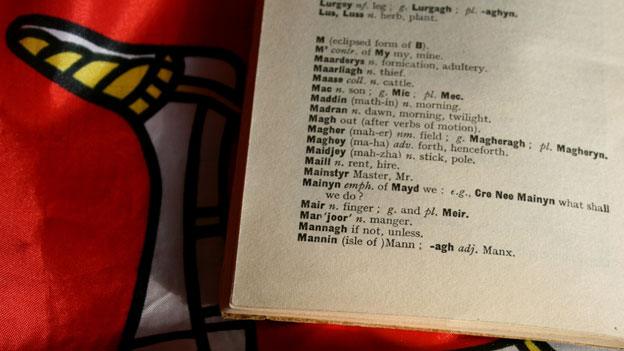'Speaking Manx was the secret to understanding the island'
- Published
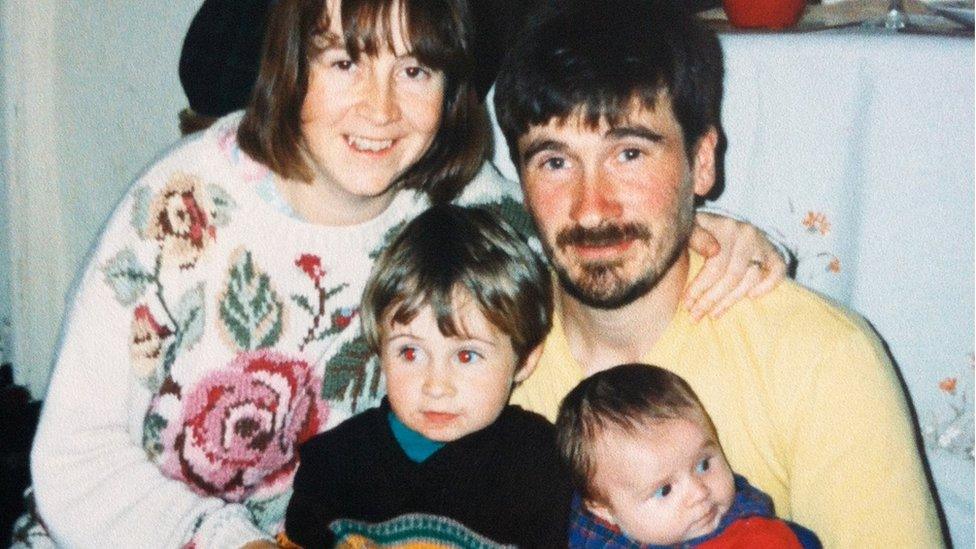
Ewan and his sister Kitty were raised to speak Manx as a first language
A film about the revival of teaching Manx in primary schools from 1992, which the BBC has unearthed as part of its centenary celebrations, has brought back memories of growing up in a Manx-speaking household.
I was one of the first of the new wave of Manx speakers, learning the language from my parents before I ever spoke English.
Each language brings with it a way of thinking about the world and for me, Manx is that unique lens through which my island and its stories, music and history can be lived.
As a young child growing up in the living folk museum village of Cregneash, I learnt all my first words in the language.
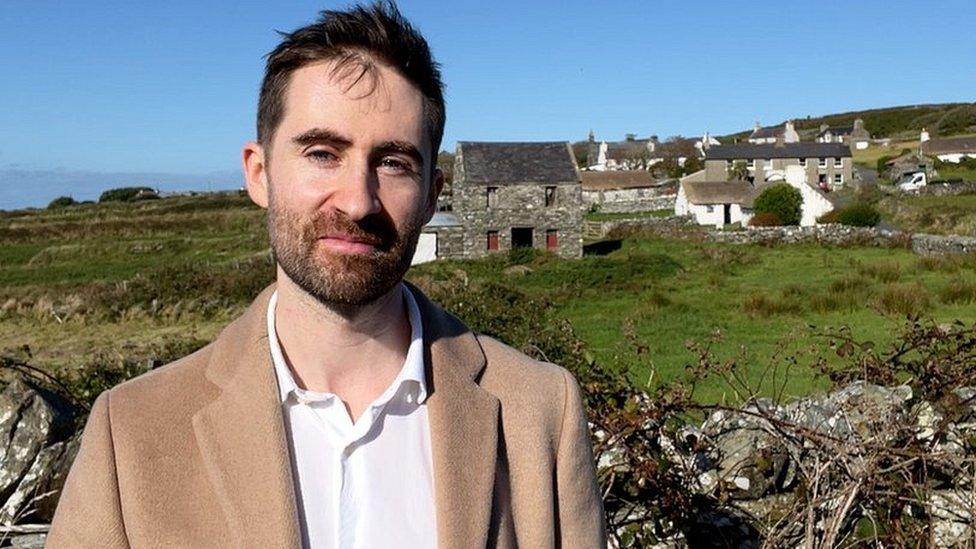
Ewan grew up at Cregneash, a living museum of a historical Manx village which is run as a tourist attraction
It was an isolated site, but it felt like the perfect place to use what seemed to me to be my family's own secret language.
Only later in life did I really understand that I was one of a new generation of children to be raised with Gaelg (Manx Gaelic) as my first language.
The last native speaker, Ned Maddrell, died in 1974.
Recordings of him speaking Manx at Cregneash are among the most precious that exist of the language, preserved on acetate disks by the Irish Folklore Commission in 1948.
Fifty years later, I was tottering around the same village unaware of any historical significance and shouting out gleefully in the ancient Celtic tongue.
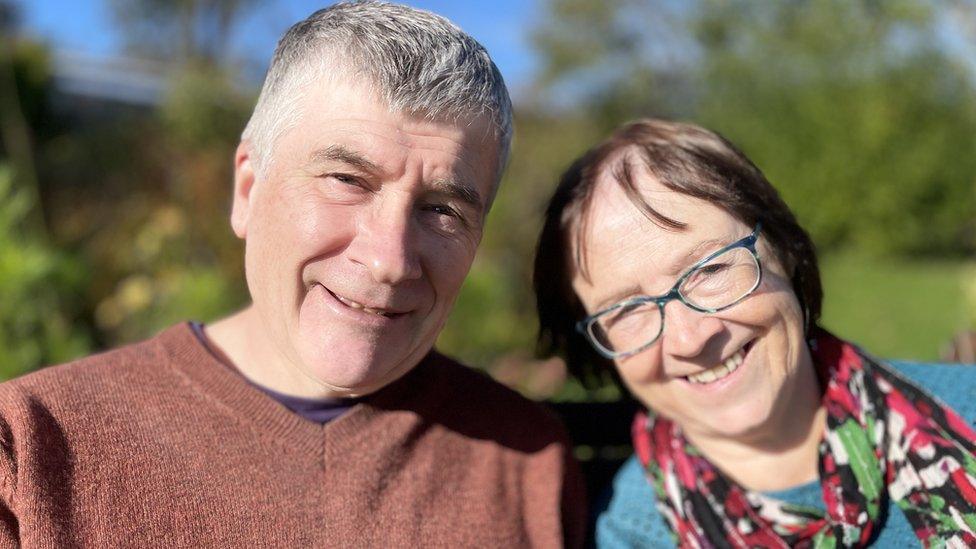
Phil Gawne and Annie Kissack said it was important to pass the language on to their children
My mum, Annie Kissack, told me she felt a responsibility to pass Manx on to me and my sister Kitty, as it was "a precious jewel" and the "secret to understanding the island".
I went to Chied Chesmayd (First Step) playgroup set up in 1993 and later the pre-school Mooinjer Veggey (Little People), which was set up by my father Phil Gawne and others in 1996.
He said that everyone who "has ever tried to plan for the revival of a language will tell you that the best way is for families to actually speak and use the language".
He was the assistant farm manager at Cregneash and Yn Greinneyder (Manx language development officer) for the Manx Heritage Foundation, which later became Culture Vannin.
As a result of those early successes and a growing demand for a Manx language primary school, Yn Bunscoill Ghaelgagh was set up by 2001.
Children at Yn Bunscoill Gaelgagh are taught in the Manx language
My sister was among the first class of nine pupils and my mum later becoming a teacher at the school in St Johns.
I was nine by that point and already in an English-speaking school, but I did benefit from Manx lessons that had been introduced back in 1992 by the government.
Much of the revival was down to Manx Language Development Officer Dr Brian Stowell, who was one of a group of people who paved the way for future achievements with the energy and love they applied to preserving the language.
In the BBC report aired in 1992, external and recovered as part of the BBC Rewind series, external, David Corlett MHK described the learning of Manx as a "costly indulgence" and not a priority, but Dr Stowell said the language was part of Manx culture and it would be "distinctly strange of any country completely ditched its own culture".
His passion for the language is shared by current students of Yn Bunscoill, a school which has become a model for the resurrection of minority languages.
Head teacher Julie Matthews said there has been interest from Jersey, Guernsey, Cornwall, and the Sámi, a community which inhabits northern parts of Norway, Sweden, Finland and Russia.
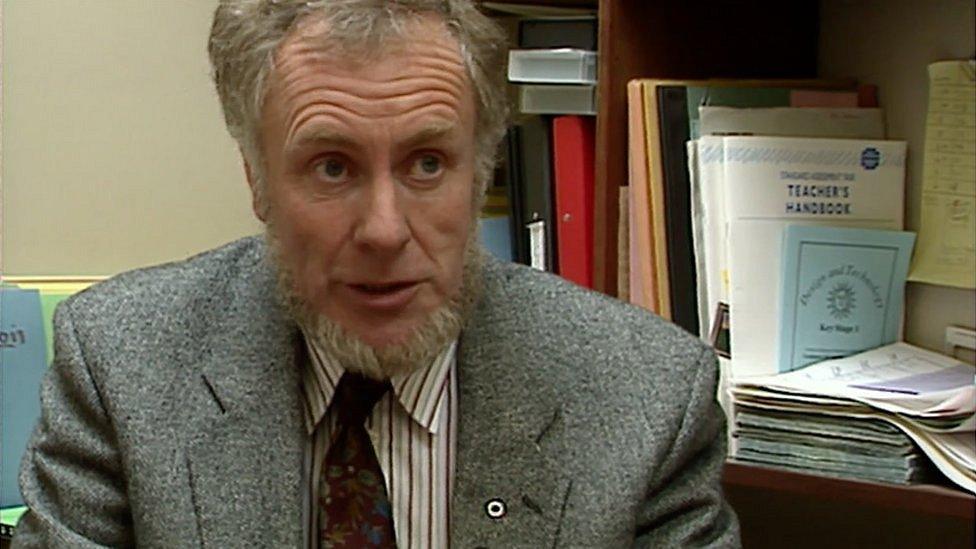
Dr Brian Stowell was one of the driving forces behind the revival of the language
There are now more than 2,000 Manx speakers, with more than 200 pupils having gone through Yn Bunscoill, and the government is aiming to see that total increase to 5,000 in the next decade.
My mum said she was hopeful that the revival she helped start will continue to gather strength.
"Sometimes, quite a lot can be done by quite a few people if they think imaginatively about what might happen," she said.
"I think that's always been the case actually in the history of Manx.
"Each revival has a legacy; dictionaries, the Manx Bible, there will always be something.
"I think in our own time, our legacy will be the school, the establishment of Yn Bunscoill Ghaelgagh."

Why not follow BBC Isle of Man on Facebook, external and Twitter, external? You can also send story ideas to IsleofMan@bbc.co.uk, external
- Published27 June 2022
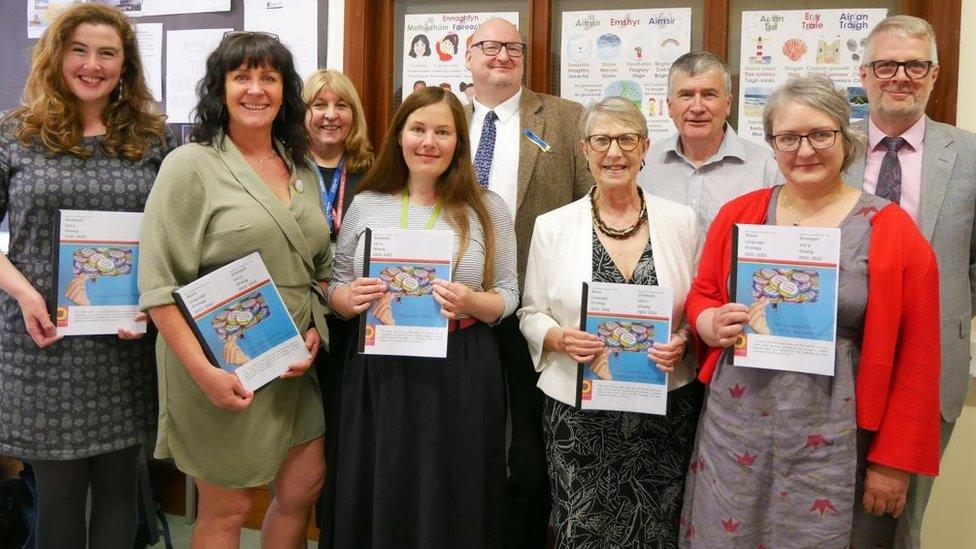
- Published4 August 2020
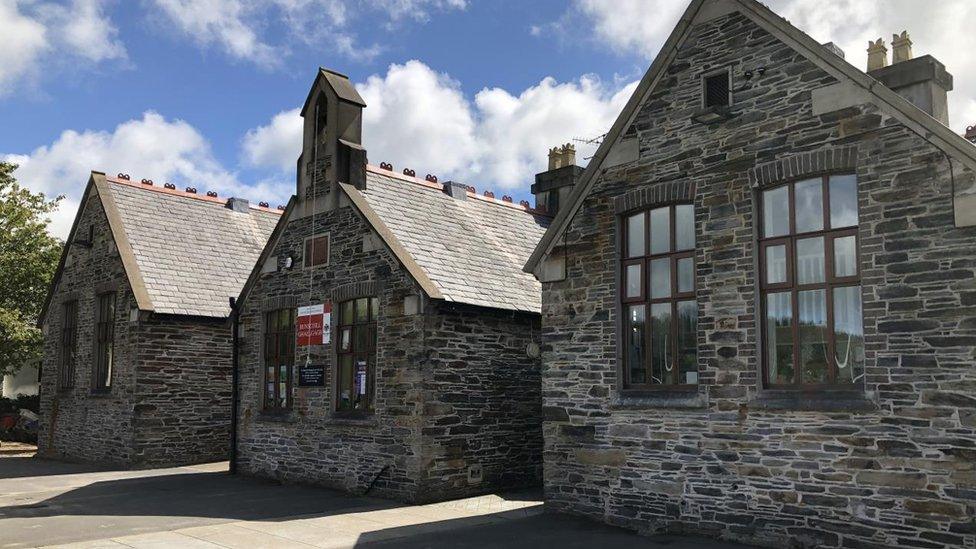
- Published4 March 2020
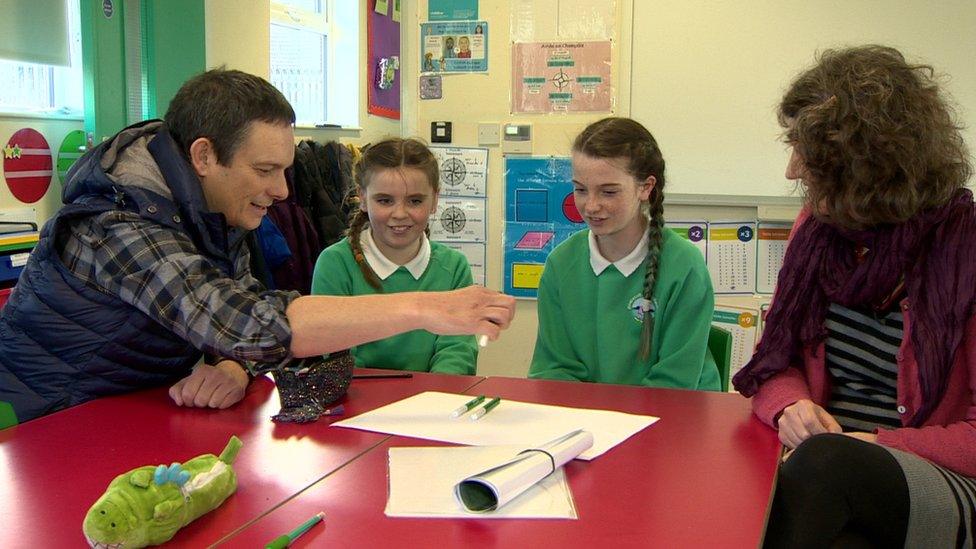
- Published15 September 2014
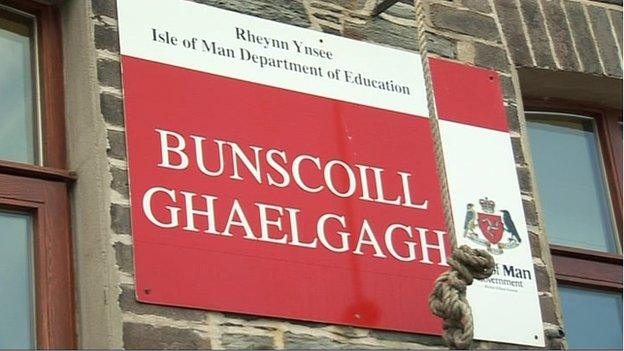
- Published31 January 2013
